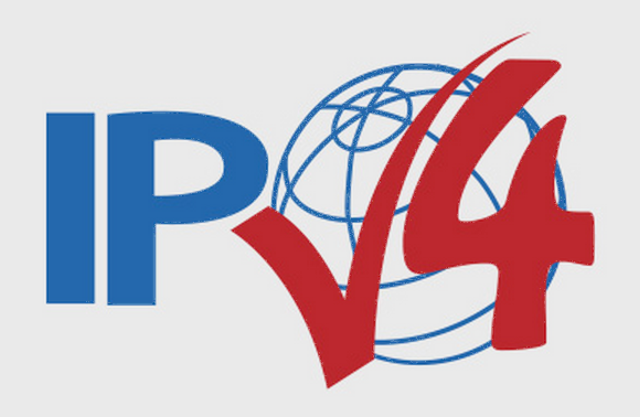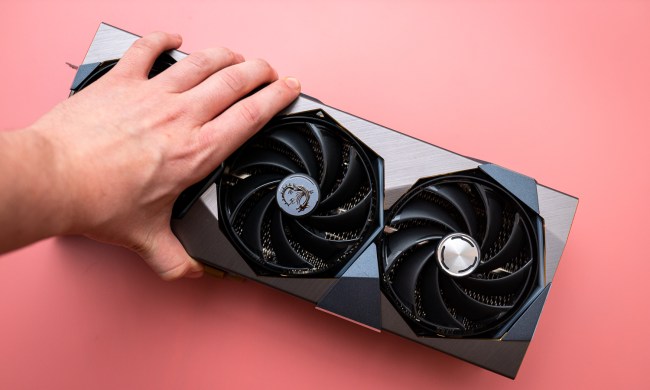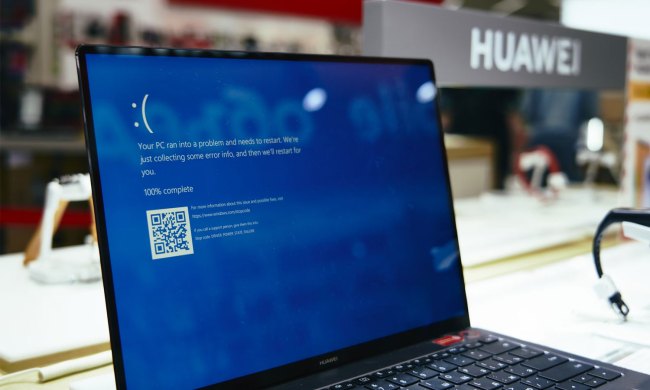
The reason that we’ve run out of such addresses comes down to a simple matter of mathematics. IPv4 uses 32-bit addresses, which is why your address is expressed as four numbers seperated by dots — each one represents one byte to eight bits, which forms the number that you see when it’s referenced.
The 32-bit system puts a hard cap on the number of possible combinations and, as a result, the number of possible addresses. 4,294,967,296 were available, but now Africa is the only continent with some of its quota left in reserve, according to a report from Ars Technica.
It might not be quite as pressing a situation as fossil fuels drying up or overpopulation, but the IPv4 situation does need to be addressed. Thankfully, IPv6 was developed over the course of the 1990s in an effort to handle IPv4 address exhaustion. Having been implemented since 2006, it seems that the system is more than capable of doing so.
In the short-term, however, it seems that the transfer market is set to take advantage of the situation. The American Registry for Internet Numbers has set up an Unmet Requests Policy to allow ISPs to join a wait list should addresses be made available, but its supply is very slim. Instead, organizations with a surplus of addresses will likely be able to offload them via brokers for a good price. And the transition to IPv6 has already begun, which means more addresses are available to devices and networks that support the standard.


